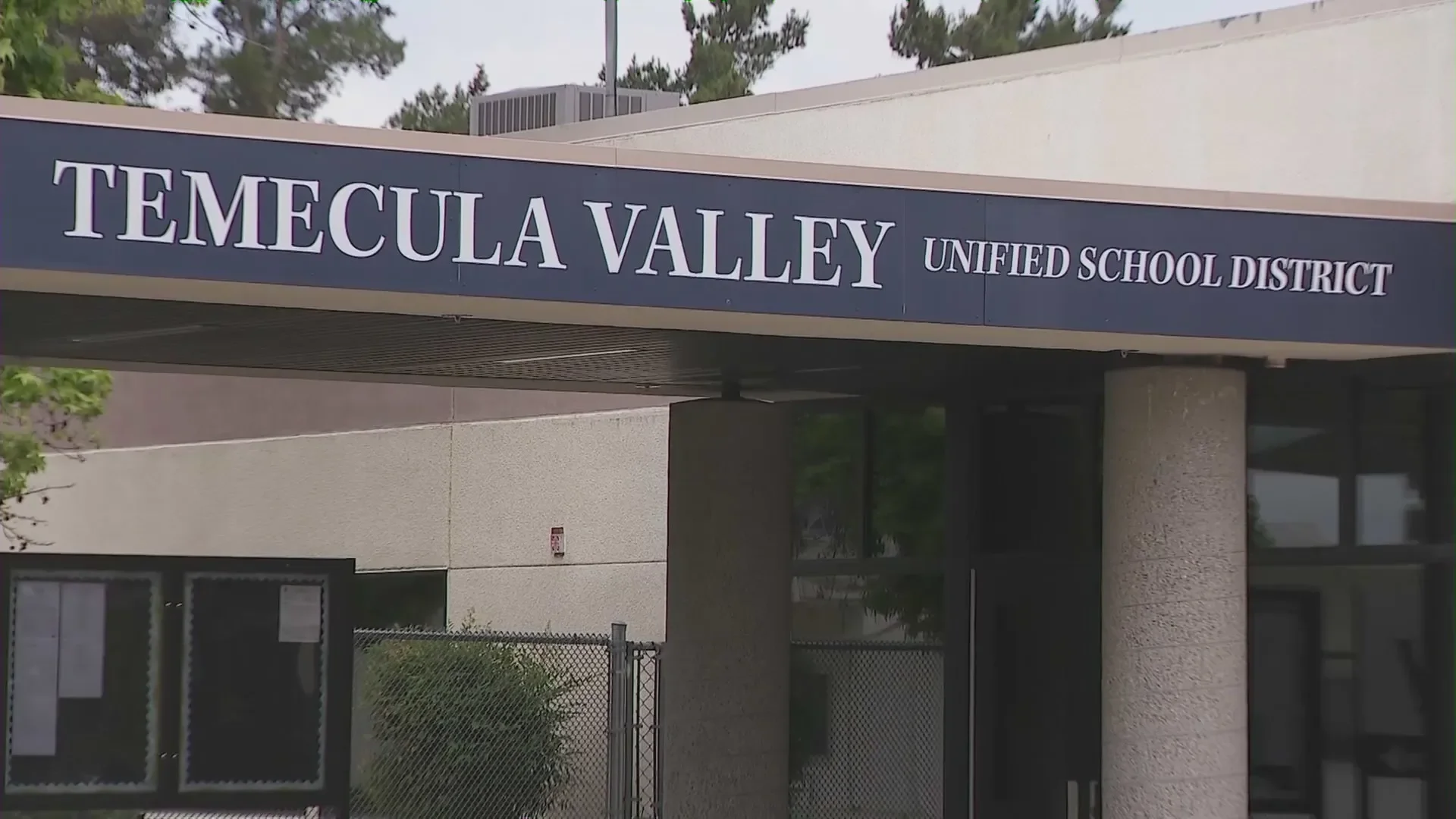Editorial: TVUSD Board Fails Students by Voting Down Free Substance Abuse and Mental Health Services
1TVPAC Team
TEMECULA — At the Tuesday, Aug. 26, 2025, Temecula Valley Unified School District (TVUSD) board meeting, a crucial opportunity to support student wellness was squandered. The board voted against a proposed Memorandum of Understanding (MOU) with Riverside University Health System — Behavioral Health, which would have provided free, family-consented mental health and substance abuse services to adolescents. This was not a vote grounded in facts or a thoughtful debate about best practices — it was a politically charged rejection that will have real consequences for students who are struggling.
Only one trustee, Jen Wiersma, spoke in opposition to the MOU during the meeting. While dissenting voices are vital in any functioning democracy, the quality of argument matters. Most of Wiersma’s comments were riddled with misinformation and inflammatory language clearly intended to provoke fear and resistance — not to promote understanding or solutions.
That said, she did raise one point worth acknowledging: schools are, fundamentally, educational institutions. It is not their primary mission to provide mental health care. Wiersma asserted that mental health support should be the responsibility of parents, not the school system. On its surface, this sounds reasonable. But it fails to account for a very real truth: mental health directly impacts a student’s ability to learn.
If we were to apply Wiersma’s logic consistently, we would have to ask why schools provide meals at all. Feeding children is clearly a parental responsibility. Yet for decades, public schools have provided breakfast and lunch because too many students were coming to school hungry—unable to focus, unable to learn. Food insecurity became a barrier to education, and schools responded not because it’s their “job,” but because it was necessary. Mental health is no different. When students are battling depression, anxiety, or substance use, they are not mentally present in the classroom. Helping students remove these barriers is not mission creep — it’s mission critical.
The MOU was clear: all services would be voluntary and provided only with parental notification and consent. No students would be treated or referred without families being fully involved. The focus was on helping students grappling with issues like substance abuse or emerging mental health challenges. This was not some covert operation to undermine parental rights or promote controversial ideologies. It was a compassionate, practical and FREE service for families who want it.
But instead of debating the item on its merits, Wiersma used the opportunity to cast baseless aspersions. She called the MOU a “Trojan horse,” implying it had hidden intentions—without offering a single shred of evidence. Rather than respond to the actual document, she chose to attack a version of it that exists only in her imagination, laced with religious overtones and anti-LGBTQ rhetoric that has sadly become a staple in her public commentary. This kind of fear-based governance doesn't protect students—it endangers them.
Wiersma’s crusade against mental health services is part of a broader pattern of misinformation and moral panic that has no place in school board decisions. And the rest of the board, except for Steve Schwartz, fell for it and voted against this MOU, 4-1.
It is not surprising to see both Wiersma and Komorsky vote for their own selfish political and religious agenda, but it is disheartening to see Trustees Barham and Anderson do the same. We have seen and expect better from both of those trustees.
The vote against the MOU wasn’t a defense of parental rights—it was an act of political theater, one that left vulnerable students with fewer resources and families with fewer choices.
At a time when youth mental health is at crisis levels across the country, with rising rates of anxiety, depression, and suicide among adolescents, this board had the chance to do something simple and humane: offer free, optional support to those who need it. Instead, they allowed one trustee’s paranoia and personal agenda to poison the discussion.
This was poor leadership. And it’s the students — especially those facing the biggest challenges — who will pay the price.


